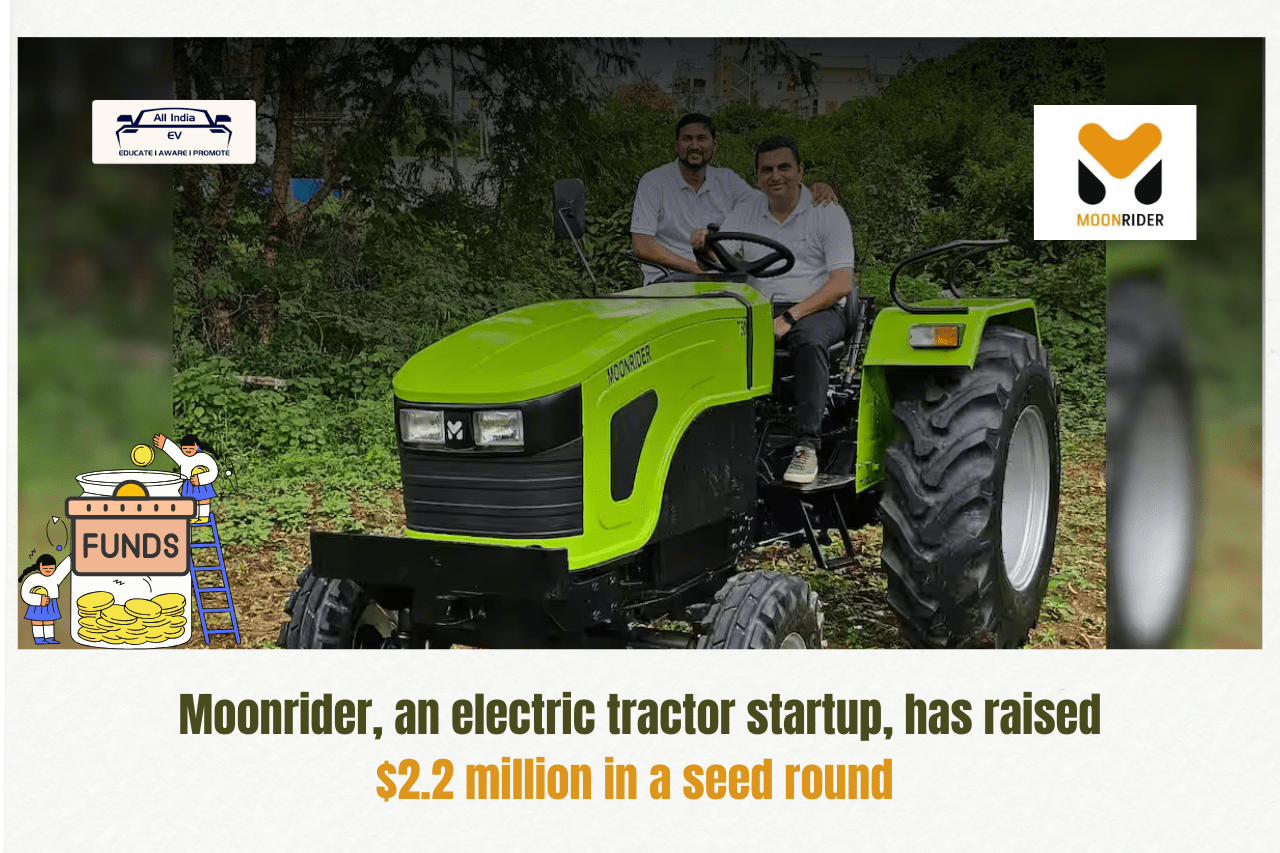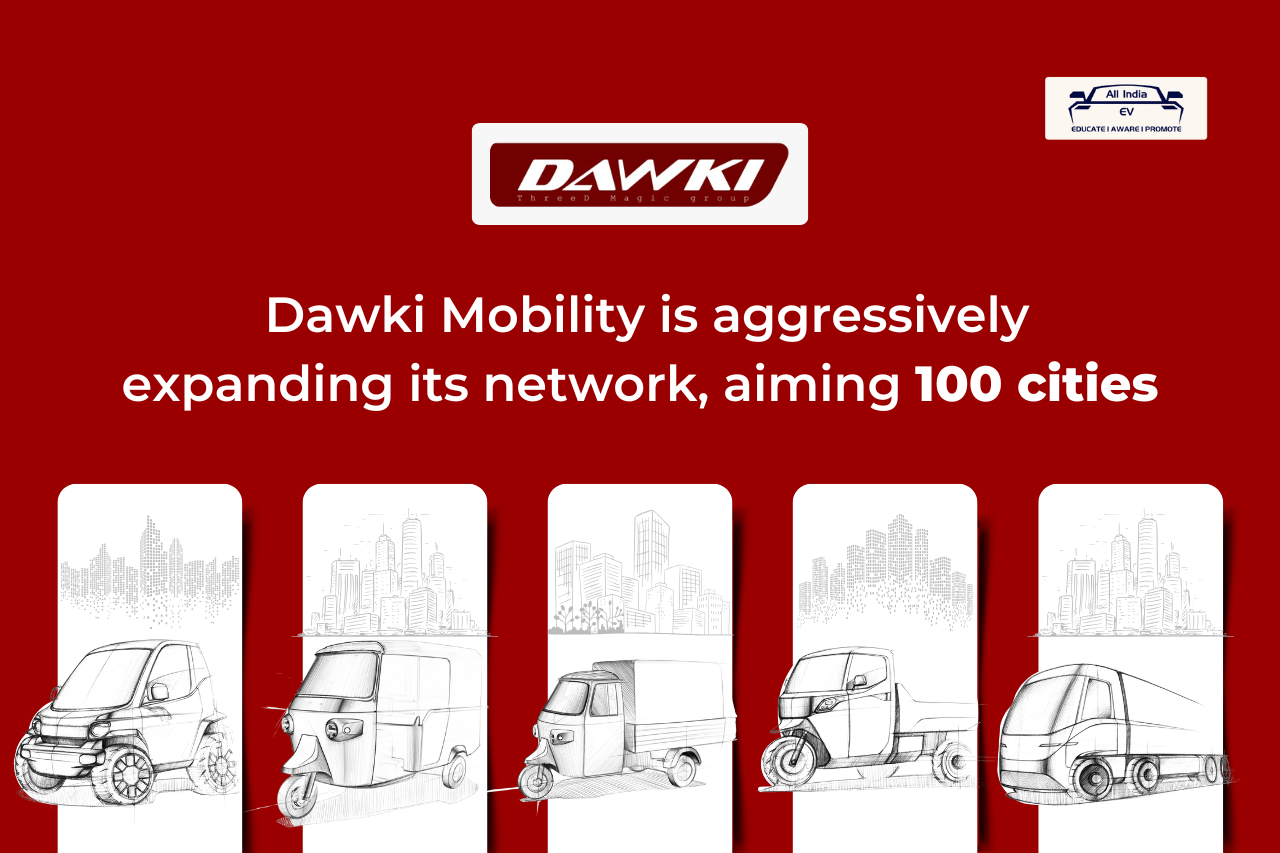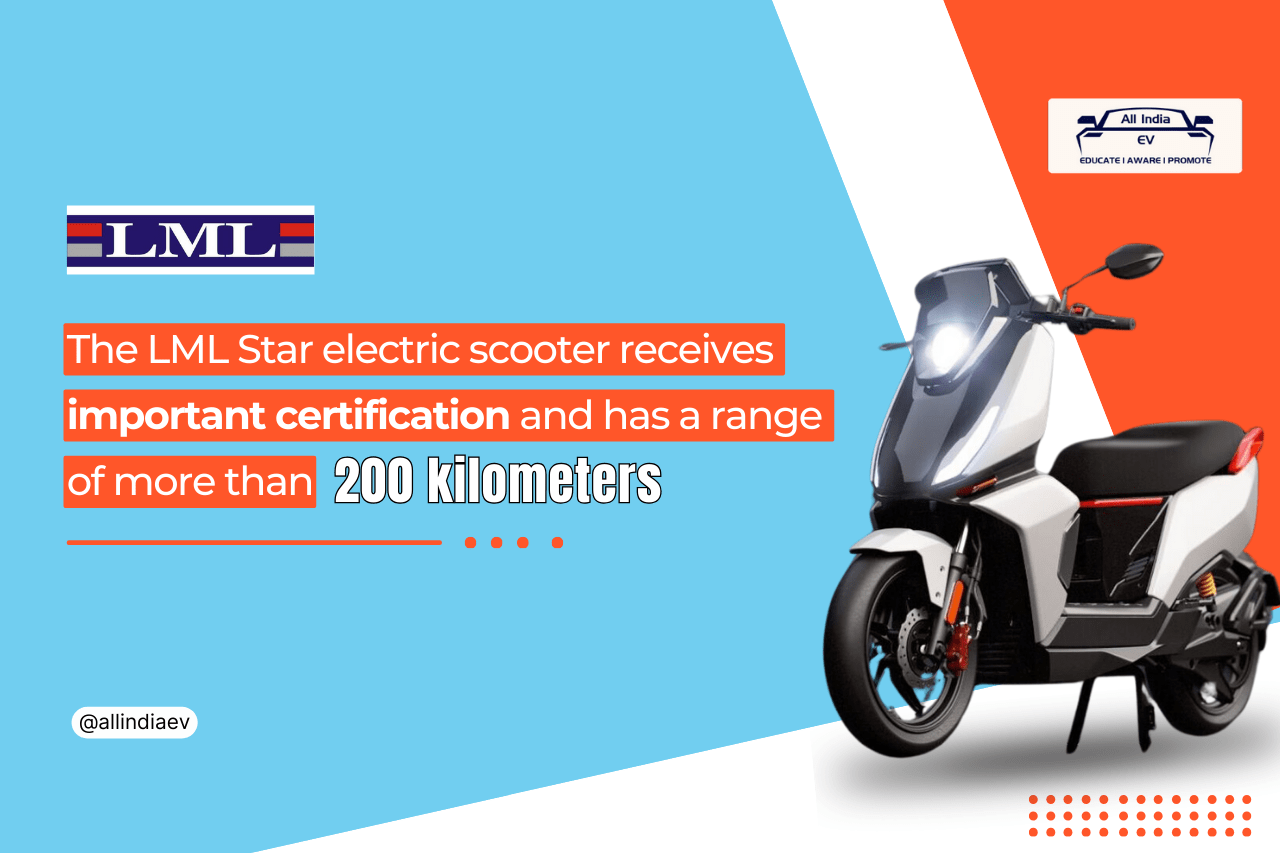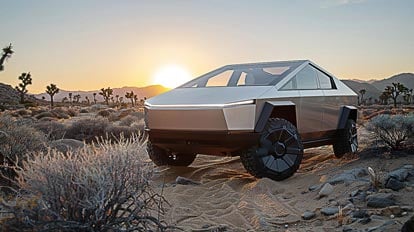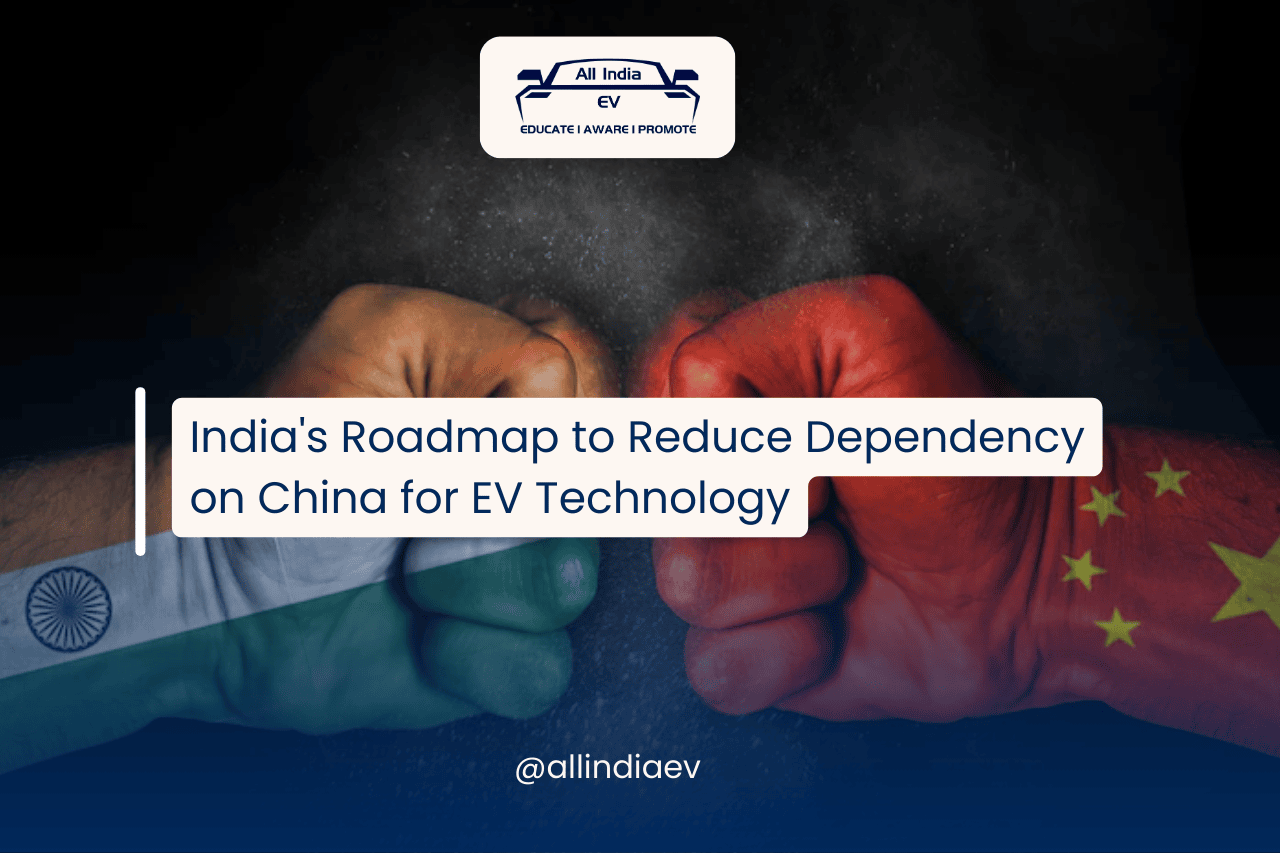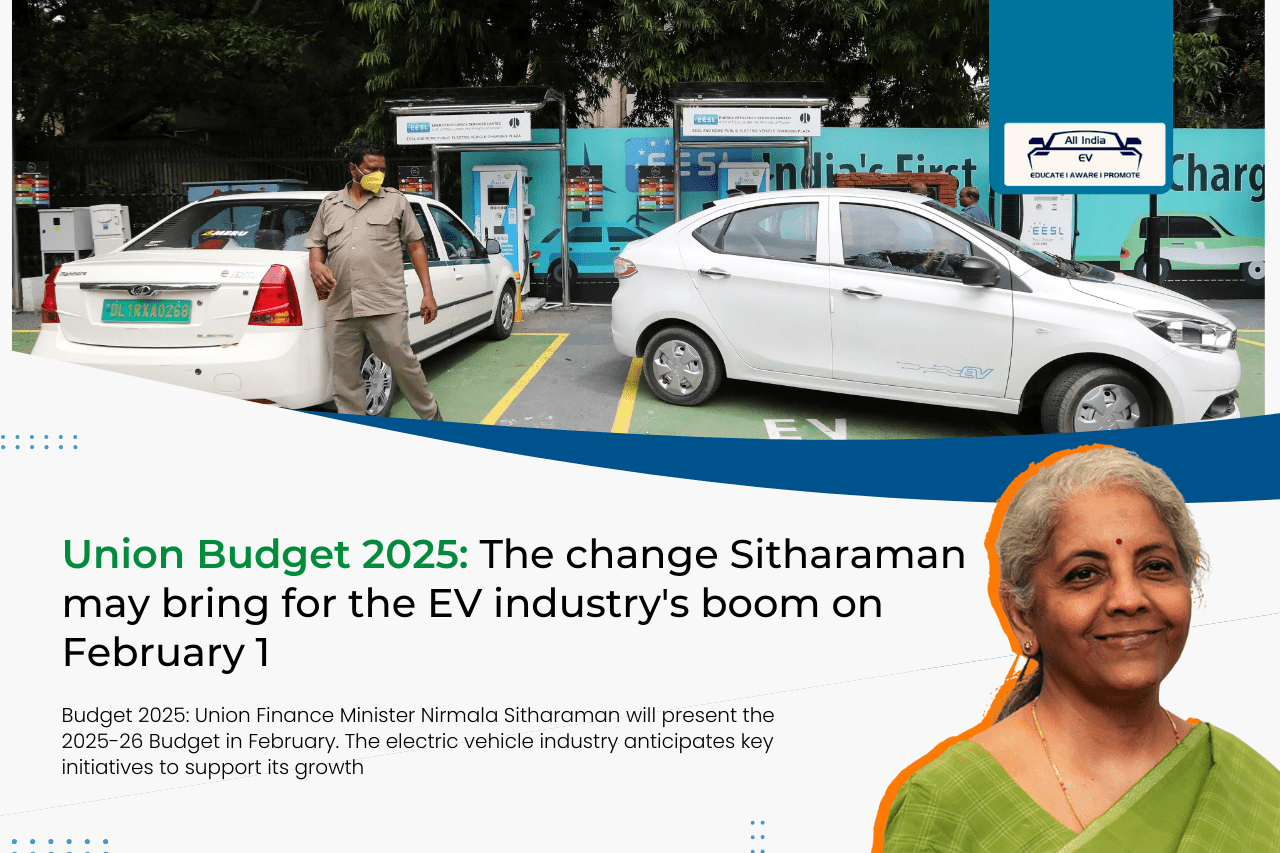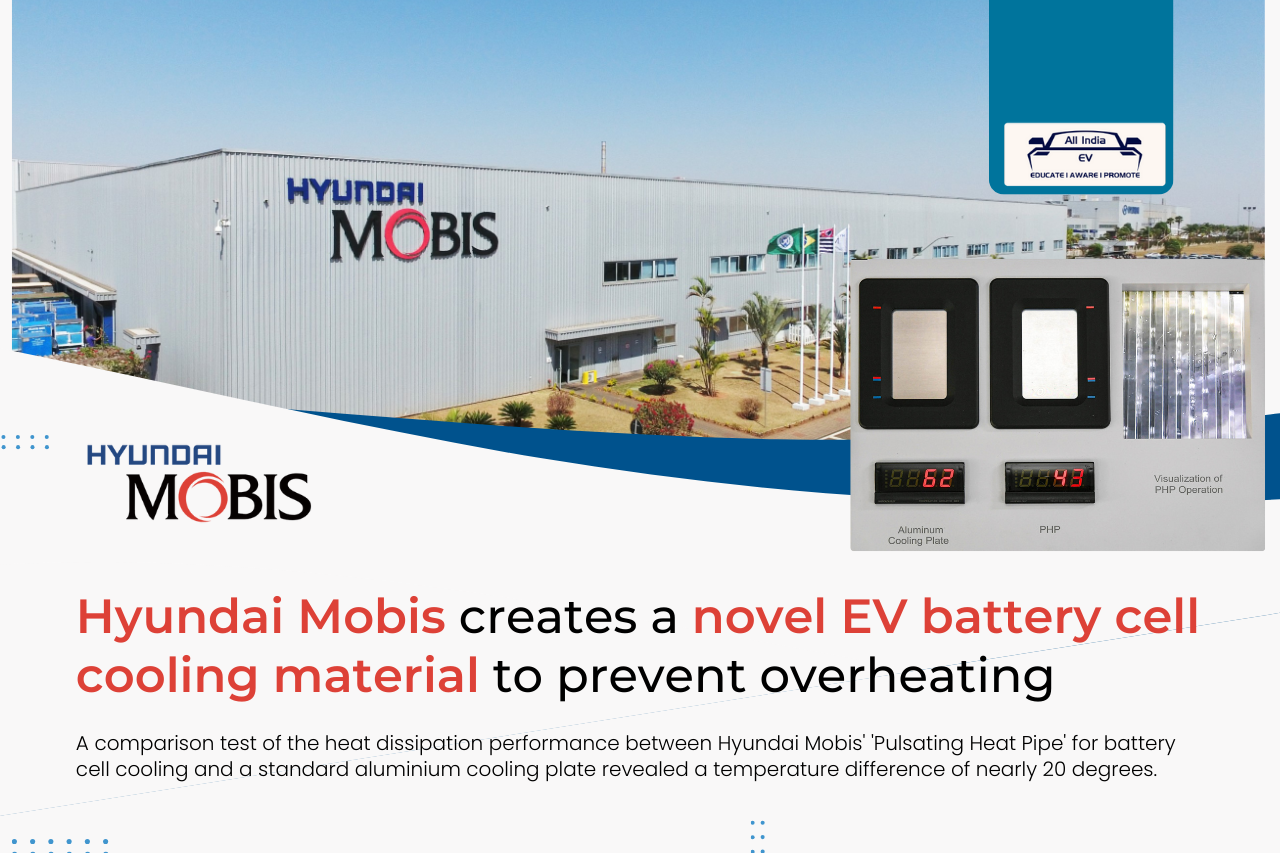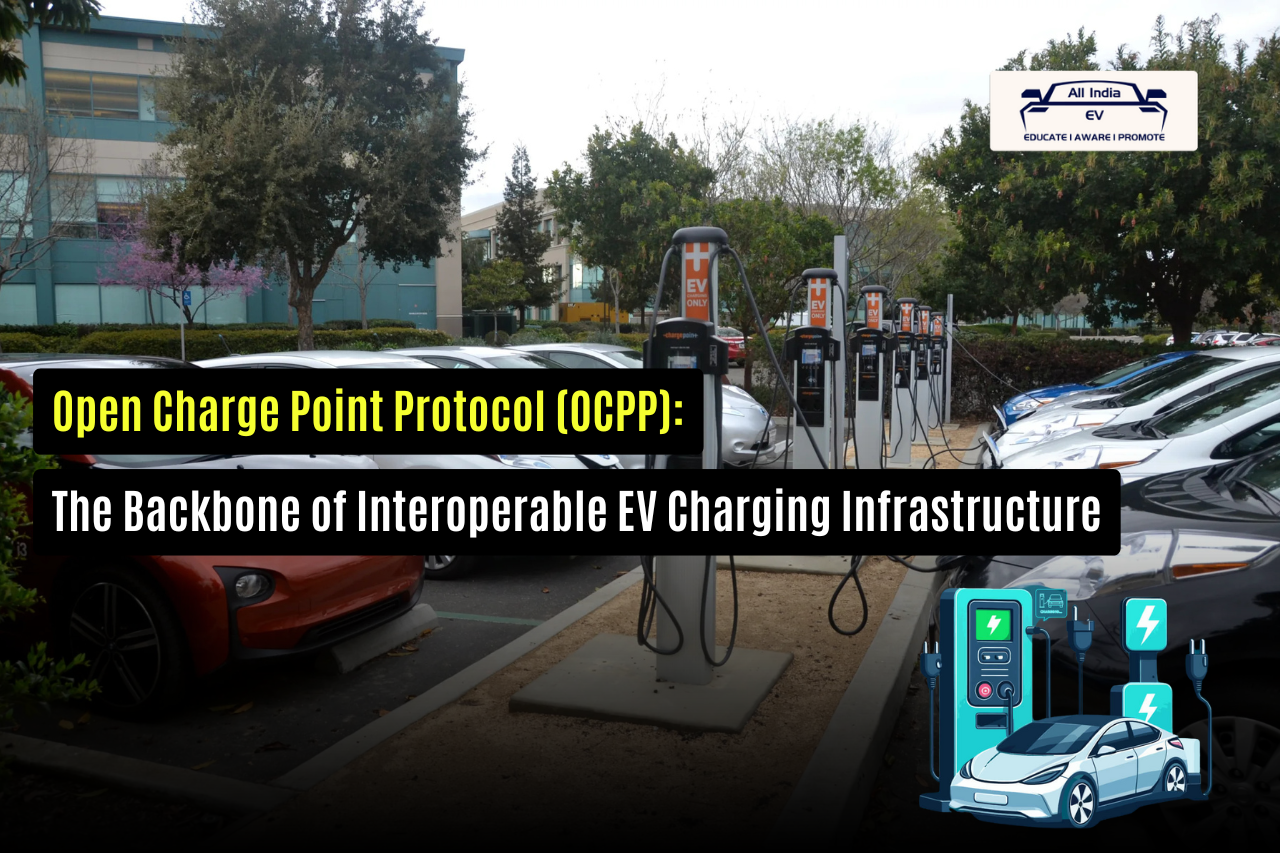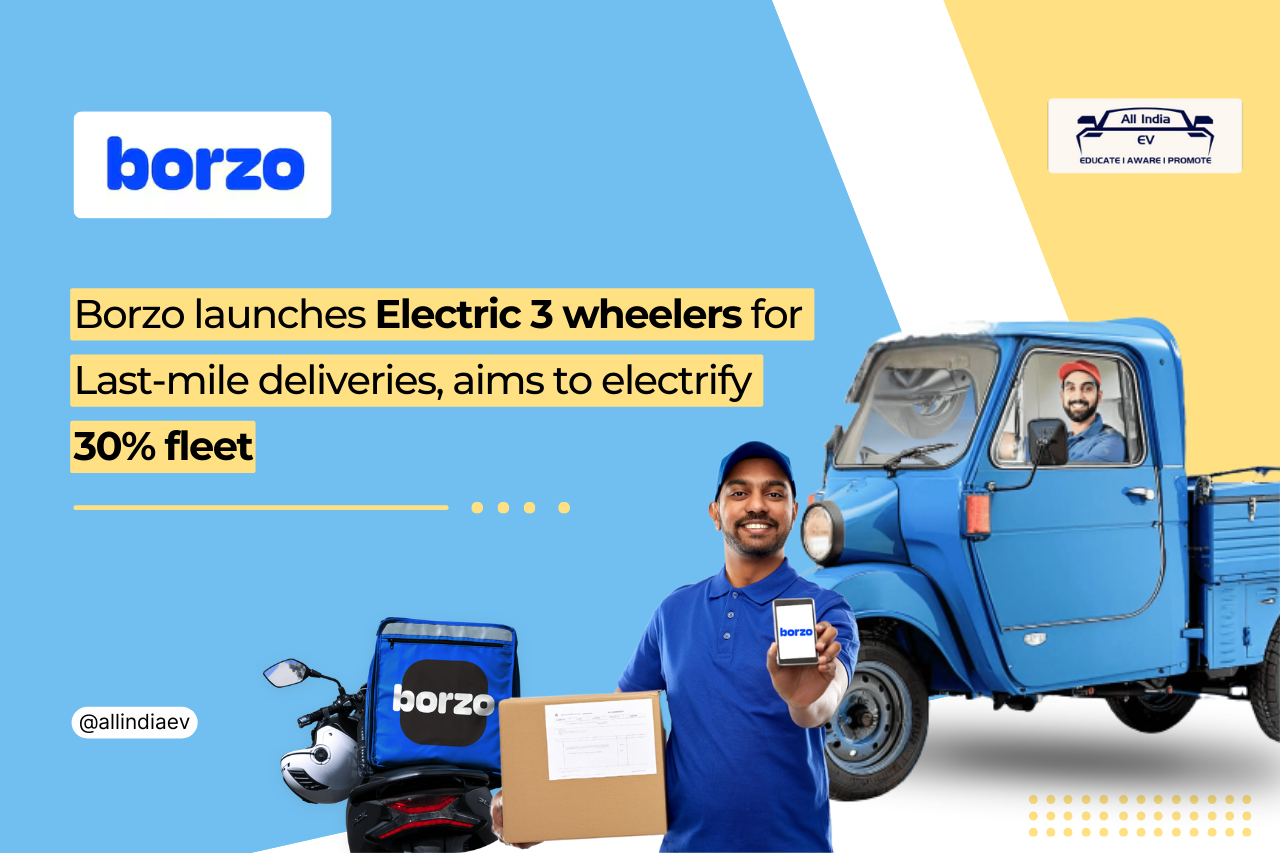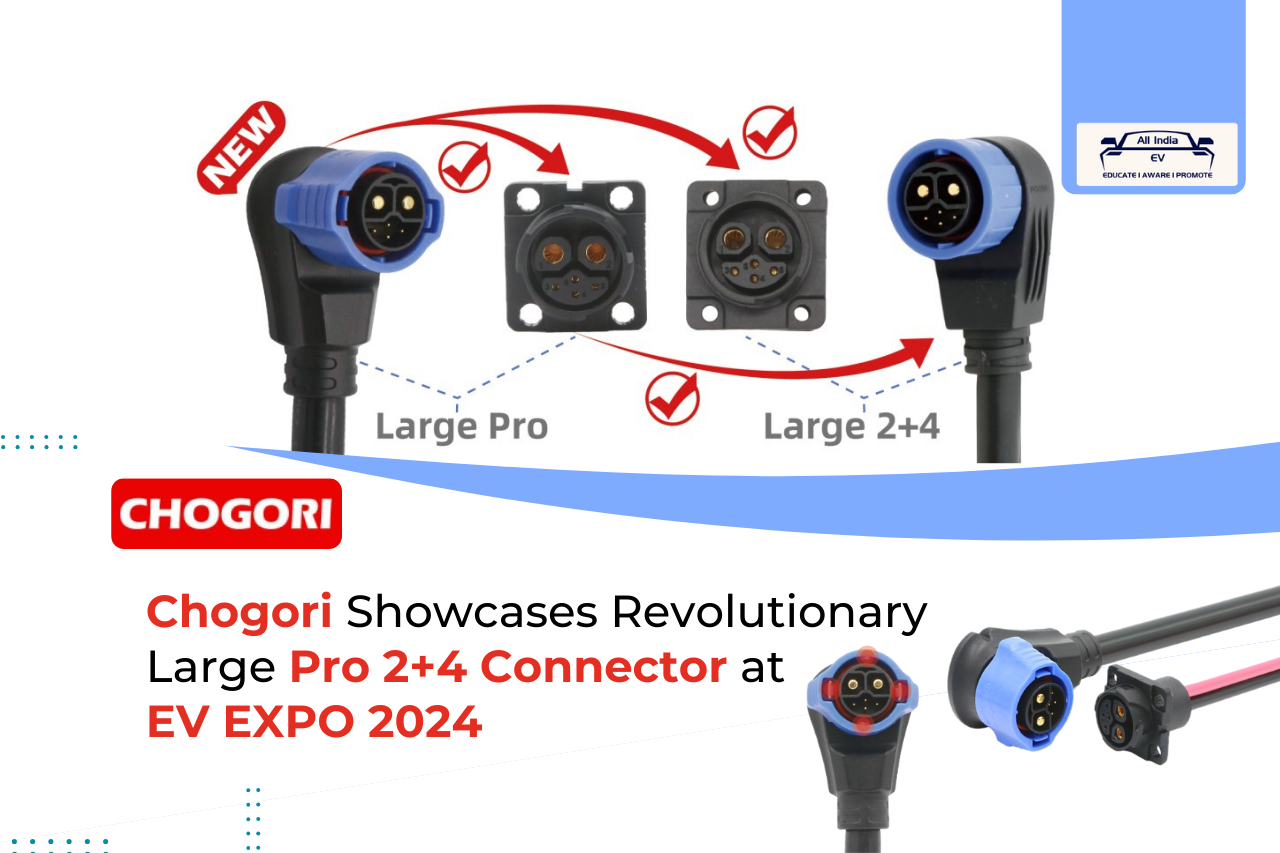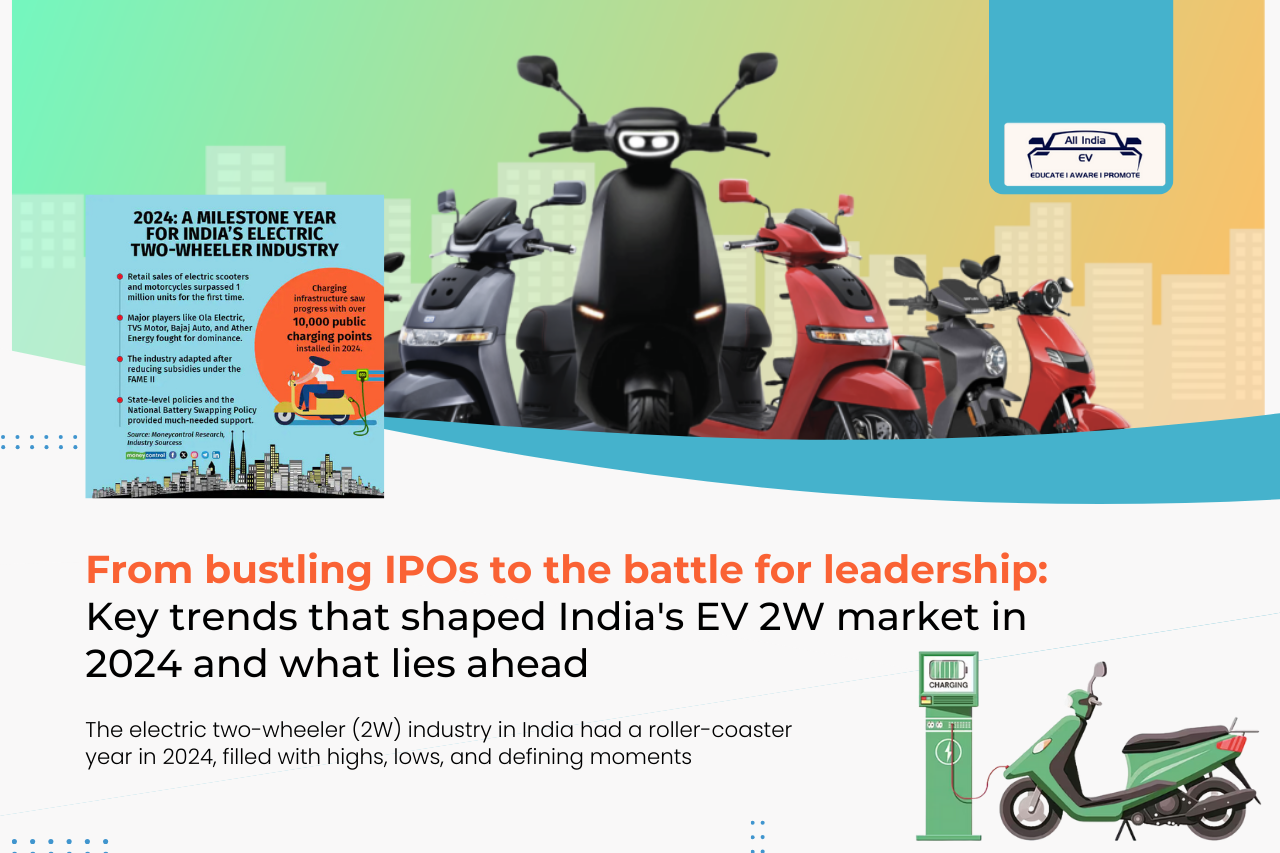
Moonrider Raises $22M to Launch Electric Tractor in India
Moonrider the Electric Tractor startup Secures $22M in Seed Round, Aims to Revolutionize Agri-Tech with…
Dawki Mobility expanding its network, aiming for 100 cities within the next two years
Dawki Mobility expanding its network, aiming for 100 cities within the next two years! Dawki…
LML Star Electric Scooter Secures Key Certification
At All India EV, we bring you the latest updates from India’s rapidly evolving EV…
Behind the Wheel of the EvoLine Stellar 3 The Perfect City EV
Where Innovation Meets Sustainability, Offering the Perfect Harmony of Power, Efficiency, and Style for Every…
India’s Roadmap to Reduce Dependency on China for EV Technology
India’s electric vehicle (EV) market is witnessing rapid growth, fueled by the government’s push to…
Union Budget 2025: Anticipated Boosts for India’s Electric Vehicle Industry
Union Budget 2025: Anticipated Boosts for India's Electric Vehicle Industry As Finance Minister Nirmala Sitharaman…
How Hybrid Cars Perform in Extreme Weather Conditions
Where Innovation Meets Sustainability, Offering the Perfect Harmony of Power, Efficiency, and Style for Every…
Hyundai Mobis Develops Innovative Cooling Solution for EV Batteries
Hyundai Mobis Develops Innovative Cooling Solution for EV Batteries Overcoming Overheating Challenges in EV Charging…
What is Open Charge Point Protocol?
Open Charge Point Protocol (OCPP): The Backbone of Interoperable EV Charging Infrastructure As the electric…
Borzo launches Electric 3 wheelers for Last-mile deliveries.
Borzo (formerly WeFast), a global intracity delivery company, has introduced an electric 3-wheeler fleet to…
Chogori released Large Pro 2+4 Connector at EV EXPO 2024
Chogori, a leading innovator in connectivity solutions, proudly showcased its groundbreaking Large Pro 2+4 Connector…
India’s Electric Two-Wheeler Industry: A Year of Ups and Down
India's Electric Two-Wheeler Industry: A Year of Ups and Downs New Delhi: The Indian electric…


